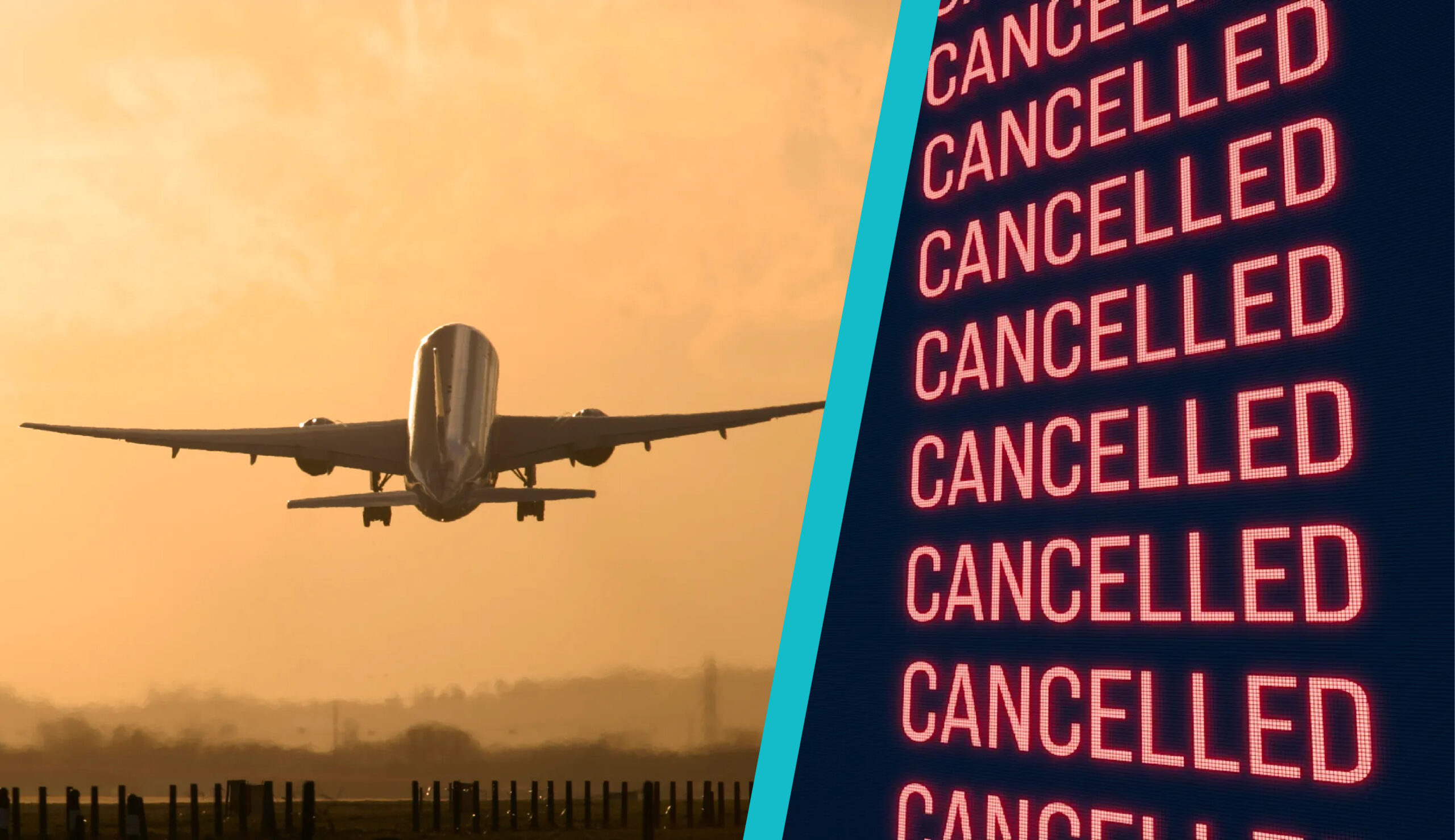Experiencing a connecting flight cancellation can be stressful, whether you are traveling for business, a family vacation, or leisure. Under Flight Cancellation Compensation rules provided by EU Regulation 261/2004, passengers may be entitled to compensation if their connecting flights are cancelled due to airline responsibility. Understanding your rights and the process to claim compensation can help reduce stress and ensure you are fairly reimbursed for the disruption.
Understanding Connecting Flight Cancellations
A connecting flight cancellation occurs when the second leg of your journey is cancelled, causing delays or preventing you from reaching your final destination on time. The reasons for cancellations can vary, including operational issues, technical problems, overbooking, or crew shortages. However, cancellations due to extraordinary circumstances such as extreme weather or security threats are usually excluded from compensation eligibility.
Read Also: Crew Disquantified Org: An In-Depth Exploration of a Unique Organizational Model
For travelers, the impact of a connecting flight cancellation can be significant. Missed connections may result in additional accommodation costs, rebooking fees, and lost time. Recognizing that you may be eligible for Flight Cancellation Compensation under EU regulations is the first step in addressing the inconvenience effectively.
Eligibility for Flight Cancellation Compensation
To determine whether you qualify for compensation, consider the following factors:
- Notice Period: Your flight must have been cancelled less than 14 days before departure.
- Airline Responsibility: The cancellation must be due to issues within the airline’s control, such as operational problems or technical failures.
- Flight Origin and Destination: Compensation applies if the flight originated from an EU airport or was operated by an EU-registered airline landing within the EU.
- Extraordinary Circumstances: If the cancellation was caused by extraordinary events like natural disasters or strikes outside the airline’s control, compensation may not apply.
Steps to Claim Connecting Flight Compensation
- Check Eligibility: Verify your connecting flight cancellation qualifies under EU regulations.
- Collect Documents: Gather boarding passes, booking confirmations, and any correspondence with the airline.
- Submit Your Claim: Provide all documents through the airline or a trusted service.
- Receive Compensation: Approved claims will result in financial reimbursement according to the distance of the flight and duration of delay.
How Lennuabi Simplifies the Process
Navigating the compensation process for a connecting flight cancellation can be challenging, particularly when dealing directly with airlines. Lennuabi helps passengers claim Flight Cancellation Compensation efficiently and without stress. Here’s why using Lennuabi is easier:
- Expert Assistance: Lennuabi’s team handles all communication with airlines and ensures that claims are properly submitted.
- Risk-Free Process: You only pay a service fee once your compensation is successfully received.
- Time-Saving: The platform allows passengers to submit claims in minutes without dealing with complex paperwork.
- High Success Rate: Lennuabi has collected substantial compensation for passengers across numerous airlines, simplifying the entire process.
Tips for Travelers
- Always check the airline’s notifications regarding cancellations promptly.
- Keep all travel documents and communication records organized.
- Understand your rights under EU Regulation 261/2004 to ensure you are not under-compensated.
Conclusion
A cancelled connecting flight can disrupt travel plans and cause significant stress. However, knowing your rights and taking advantage of services like Lennuabi can make claiming Flight Cancellation Compensation straightforward and hassle-free. By following the steps outlined above, passengers can secure the compensation they deserve while minimizing the impact on their travel experience.










